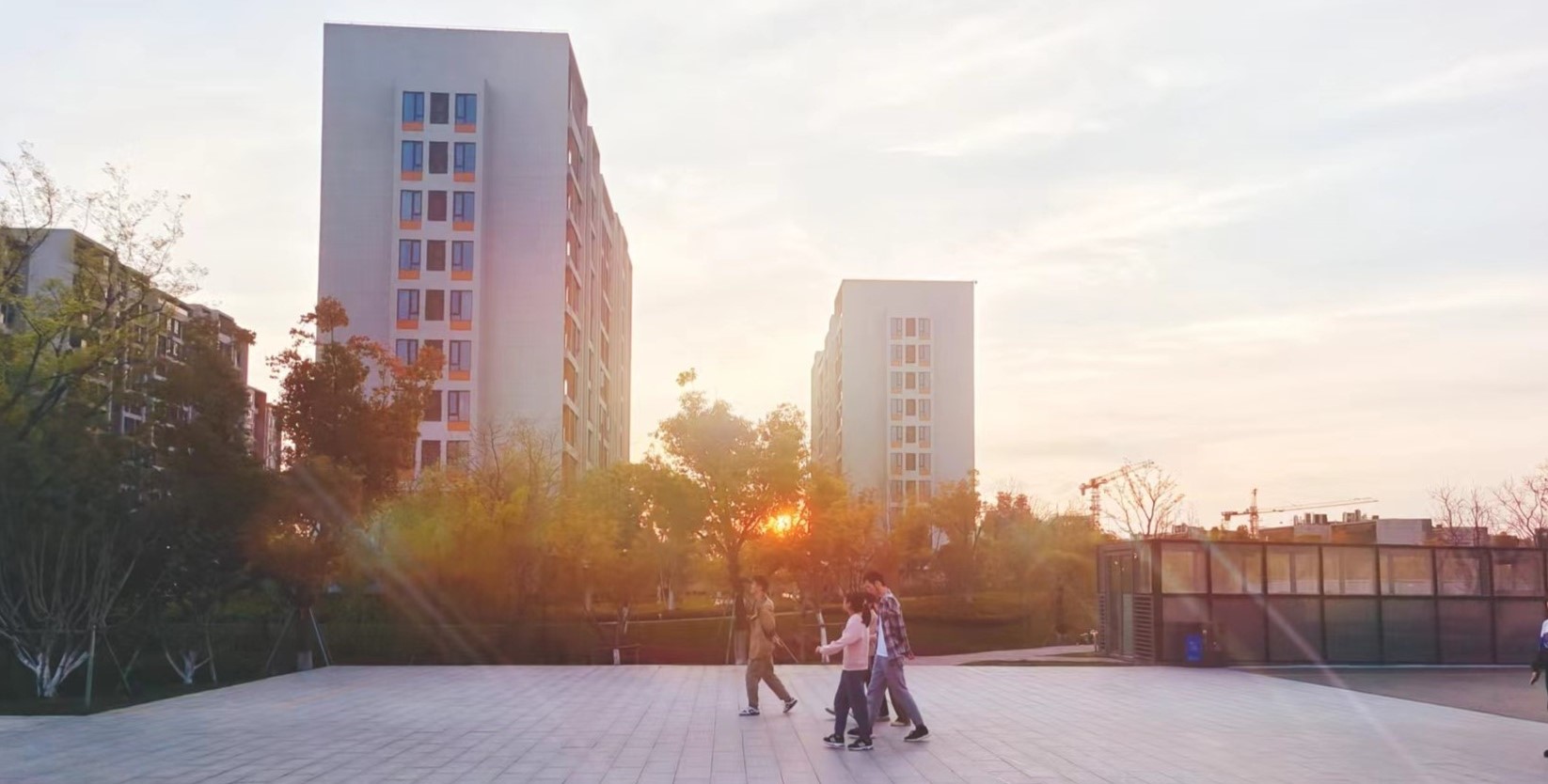
记Westlake SEE Annual Meeting
三月的最后一个周末,西湖大学举办了“可持续发展与环境前沿交叉论坛”,有挺多院士大牛来站台支持,场面还是挺盛大的。尤其是亲眼见到了陶澍等久仰大名的重量级人物。 ...

三月的最后一个周末,西湖大学举办了“可持续发展与环境前沿交叉论坛”,有挺多院士大牛来站台支持,场面还是挺盛大的。尤其是亲眼见到了陶澍等久仰大名的重量级人物。 ...
这个礼拜潦草地阅读了几篇论文,在这里做一个简单的记录。理工科的学术研究永恒地在追寻新的前沿,我需要时刻和世界的发展保持同步。所以以后也希望能进一步推进文献阅读的深度和广度。 Liu, Jianguo, Thomas Dietz, et al. “Complexity of Coupled Human and Natural Systems.” Science, vol. 317, no. 5844, Sept. 2007, pp. 1513–16, https://doi.org/10.1126/science.1144004. Abstract: Integrated studies of coupled human and natural systems reveal new and complex patterns and processes not evident when studied by social or natural scientists separately. Synthesis of six case studies from around the world shows that couplings between human and natural systems vary across space, time, and organizational units....
自回归滑动平均模型(Autoregressive moving average model,ARMA)是研究时间序列的重要方法,以由自回归模型(简称AR模型)与移动平均模型(简称MA模型)为基础“混合”构成。用AMRA模型预测了在当前趋势下,未来二十年内全球二氧化碳浓度的变化趋势。 分析过程 数据集:NOAA Earth System Research Laboratories下属的Global Monitoring Laboratory提供的1969年-2022年逐月的二氧化碳浓度变化数据 数据来源网址 ...
环境数据分析课程的大作业,主要目的应用一下课上学到的一些数据分析方法。 通过爬虫获取我国沿海海水水质的监测数据; 以散点图直观反映水质类别的分布和随时间变化情况; 将化学需氧量数据转换为正态分布,以海区/省份为分类变量进行单因素方差分析; 将无机氮数据转换为正态分布,用Pearson分析和线性回归分析考察化学需氧量和无机氮数据的相关性; 利用机器学习,从多个污染指标数据预测海区分类。 ...
This is a draft version of course essay from Berkeley Summer Session 2021 (EPS-80). Introduction Huge environmental changes in my hometown have taken place for the past two decades of fast economic growth and industrialization, which is seen as a rough miniature of entering the Anthropocene. Using examples from class materials, my own experience and the book Under a White Sky, several key aspects of anthropogenic actions are analyzed briefly, including land use, agriculture, soil remediation and green house gas management. Finally some personal insights and preparations are mentioned. ...